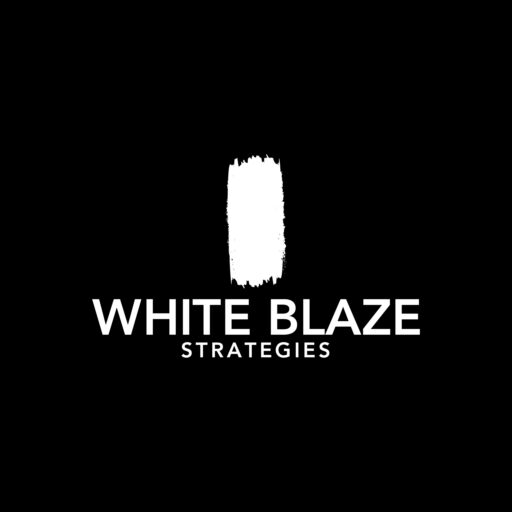Words have power.
They can be used recklessly, as we often see in politics.
They also can be used in business, where there is the same zeal to one-up all the other overblown rhetoric we are exposed to daily.
So it is with Bloomberg and a recent editorial labeling NAR and it’s 1.5 million members a “cartel.” The opinion piece drew an almost immediate response from Kevin Sears, NAR’s president who rightly pushed back.
“Real estate professionals have earned the trust of the American people through their work in their local communities and deserve better than to have their livelihoods vilified as the work of a cartel,” he said.
In the purest sense, a cartel is defined as an” association of similar companies or businesses that have grouped together in order to prevent competition and control prices.”
So, yes, you technically could use cartel in this context.
The bigger question is should you use that word?
In the most common use of cartel, it’s used to describe massive narco-terroristic organizations who control the drug trade, often by the most violent means possible. In Bloomberg’s logic, it’s the same thing as a Realtor showing properties.
As they sing in Sesame Street, “one of these things is not like the other.“
If there’s any silver lining in this, it’s that editorials are mostly irrelevant today. I write this as someone who oversaw editorial boards, arranged endorsements and wrote hundreds of opinion pieces.
Twenty years ago, an editorial carried some weight.
Not anymore.
You see, everyone has an opinion, and they always have. It’s just that now there are no barriers to sharing these opinions. We are a world full of people shaking our fists at the sky in anger.
So, what’s a poor editorial writer to do to try and be relevant to a conversation on real estate commissions? Use language that is as loaded and as inflammatory as possible.
It’s the same thing as calling someone you disagree with a “Nazi” as a throw-away line, disregarding the fact that millions died because of actions by those who historically bore the label.
It’s offensive. It’s lazy. It’s ineffective.
Comparing a local Realtor to, say, drug cartels, who have directly killed several hundred thousand people and indirectly through drug and human trafficking upended millions more lives, is a cheap effort to try to be relevant to an audience oversaturated with opinion and who largely won’t read it anyway.
Sears (and the NAR folks who likely drafted the response for him) were correct to strongly push back on this regrettable editorial. Bloomberg is entitled to have its opinion, written to spew onto screens and be instantly forgotten, as in this case it should be. The editorial is just another rhetorical brick in a wall of opinions on this topic built with poorly constructed arguments that are defining the legal and public discourse for the industry.
The debate over commissions is fair game. Doing it without overreaching for incendiary language is the challenge.
Jon Broadbooks is founder of White Blaze Strategies, a non-profit consulting firm specializing in communication and management for associations. He can be reached at [email protected].

